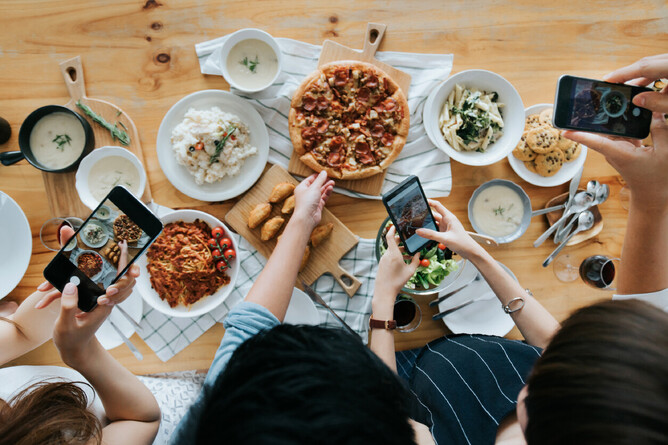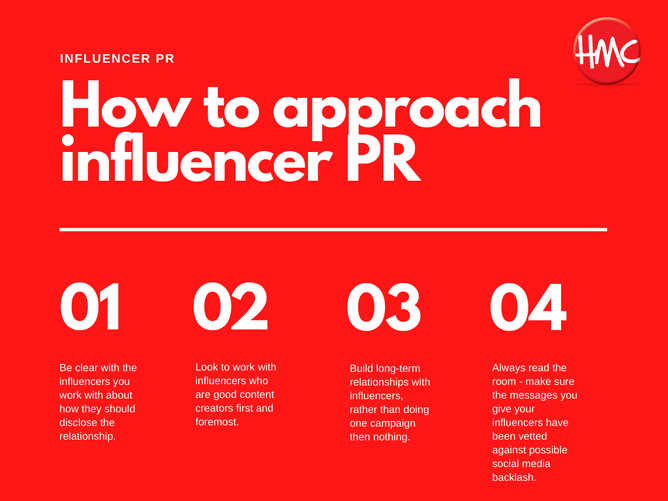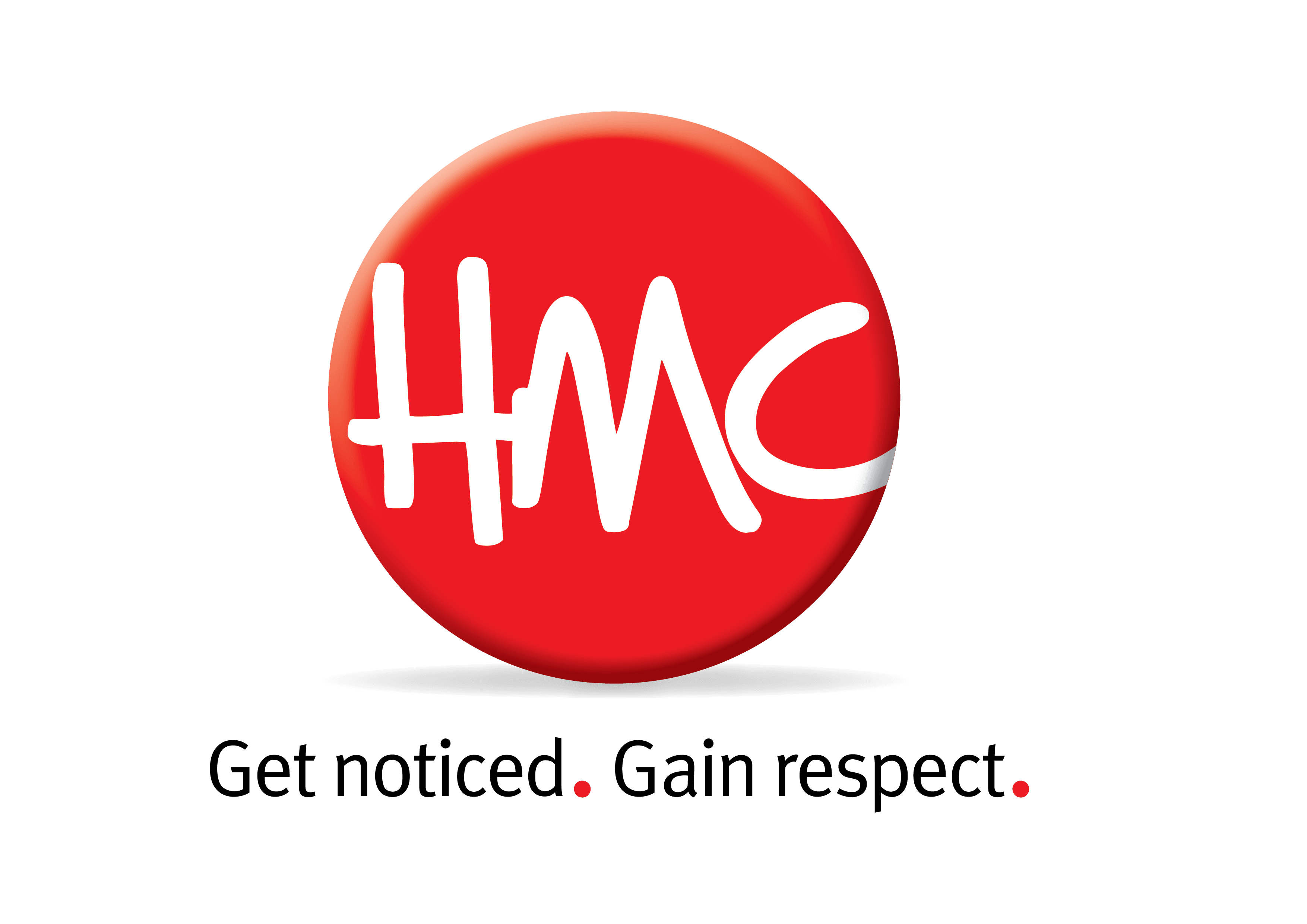Over the past few years, influencer marketing has grown to become a key part of many brands’ social media and wider communications strategies, with terms like ‘micro’, ‘macro’ and even ‘nano’ influencers becoming commonplace.
However, this rise has not been without some controversy on the part of both brands and the influencers themselves.
Back in 2018, the Advertising Standards Authority (ASA) released guidelines to better control and manage transparency around both native advertising and influencer marketing. These guidelines required all advertising content, including that on social media, that was in some way controlled by the advertiser to be identified as such.
While it was generally accepted that #sp, #spon or #ad were to be used, there was no specific rules around the hashtags brands and influencers should post.
Now, the ASA has upheld two complaints regarding influencer Simone Anderson this month for failing to adequately disclose a commercial relationship, setting a precedent of the exact hashtags they would like to see used.
The decision showed that the hashtags #collab and #gifted are not enough when influencers receive goods and services in return for social media coverage, and that the more clear-cut #ad and #sponsored should be used in future.
The ASA Complaints Board also advised that the ASA consider publishing further guidelines on how to sufficiently identify the commercial relationships between influencers as advertisers and brands/companies.
Since the decision, there has already been a notable change with many well-known influencers expressly stating when products are a PR gifted product, and #ad appearing on many more posts in the place of #gifted. Being transparent about commercial relationships is now being seen as a way of being authentic; influencers who are more up-front with their audience will likely gain increased respect.
Our recommendations moving forward
For PR practitioners and agencies, there are some key takeaways from these events for how we approach working with influencers, so that we set a standard of best practice that can be validated if and when the advertising code sets out firm guidelines.
- It’s more important than ever to be clear with those social media influencers you work with around how they should disclose the relationship. This will avoid any brand damage from being associated with an incorrectly labelled post, which may not always be immediately apparent; your brand equity may quietly erode over time.
- Look to work with influencers who are good content creators first and foremost, and are up with the play on how to work with brands and companies. This means they will respect your brand, and come to the relationship with a professional outlook.
- This news also relays the importance of building long-term relationships with influencers, rather than doing one campaign then nothing for several months (an age in social media land!). As well as building authenticity, the influencer will become knowledgeable on your brand, minimising any incorrect messaging.
On a last note - make sure you always read the room when planning social media influencer campaigns! Unlike Colgate’s recent White Night In, which was slammed as tone deaf in the wake of the Black Lives Matter protests around the world.


